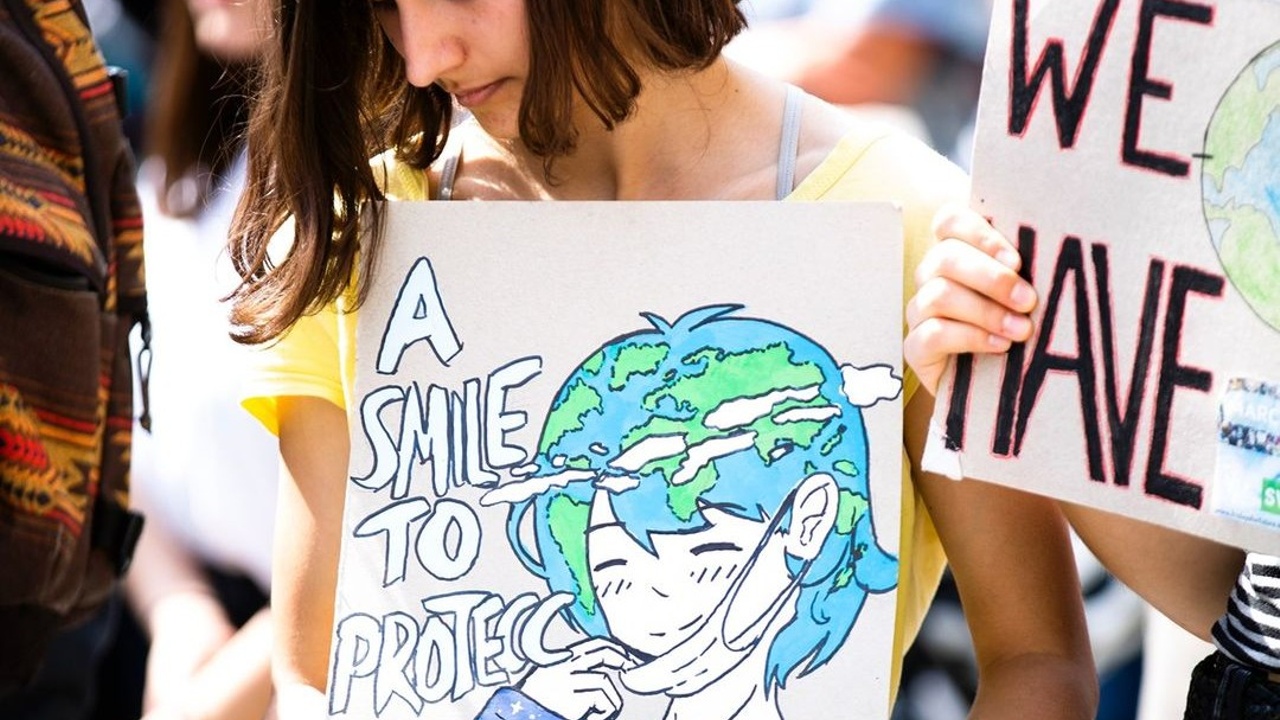Repeat after me... "I am not my child."
Mar 25, 2021

People need the space and freedom to feel; to explore and understand the incredibly complex depth and range of their emotional life.
This begins in childhood.
As children, particularly autistic children, it’s important for us to be afforded and provided a safe and secure space to allow our inner life in all of its richness to unfold before us.
Many autistic people are experiential learners more so than we will take suggestions or advice around how a situation will pan out.
Experience is the best teacher.
It is my best teacher.
But in a world that values and subscribes to the superficial and desperate need for compliance and duality of behaviour; that is, that it is either good or bad, there is no space for exploration.
Families are encouraged to punish or ignore “bad” behaviour and praise “good” behaviour.
Behaviour is expression, communication, language, energy, love, joy, freedom, anger, learning and pain.
Behaviour is the tangible artform of the internalised.
Behaviour holds but a tip of the iceberg of a person’s individual and unique inner experience.
As adults, we place demanding and weighted expectations onto children to be able to comply with societal standards, even when they are mindless, senseless and irrelevant to them.
We expect children to be able to regulate themselves emotionally, while we stand over them completely unregulated and out of control-threatening sanctions and punishment in various forms.
Parents are commonly encouraged to remove a child’s favourite toy or comfort, or to retract the promise of joy in the form of an outing or a special event under the circumstances that they don’t behave well.
When we are in control of ourselves, when we are not at war with ourselves and our internalised unseen and unheard experiences, we can radically accept and allow others to live in ways that are right for them; without a sense of fear and feeling so personally threatened.
When we take away the people, places and things that are of value to our children, we only teach them that we cannot be trusted to have their best interests at heart and that we prioritise others before ourselves (ie “What will people think and say?”).
Those families who do prioritise their children’s wellbeing above all else are viewed as weak, inadequate and unstable.
How will our children learn resilience?
Let them feel. Let them unravel. Let them say No. Let them experience natural consequences rather than imposed consequences. Create space for them to have the meltdown they need to have. Allow them to be wrong. Allow them to be right and learn to be okay with being wrong yourself.
Resilience is living in a world with ever-shifting goalposts around social communication and interaction; and expectations.
Resilience is being expected to be “good” even when you don’t feel it inside but aren’t allowed the choice to be human in childhood form.
Resilience comes from having the freedom to experience in whatever ways we need to.
What you need will not be the same as what I need.
What I need will not be the same as what my child needs.
I am not my child.
My child is not me.
We are not the same person.
When we subtract from our children’s lives because they aren't behaving in ways we want them to, this speaks volumes about us as adults and has very little to do with our children.
In a world that has become overrun with an unrelenting need for control, compliance and is absolutely obsessed with behaviourism, something has got to give.
And yet here we are, focusing on the children.
The children.
Always the children.
The children are out of control.
The children ARE... out of control.
- KF